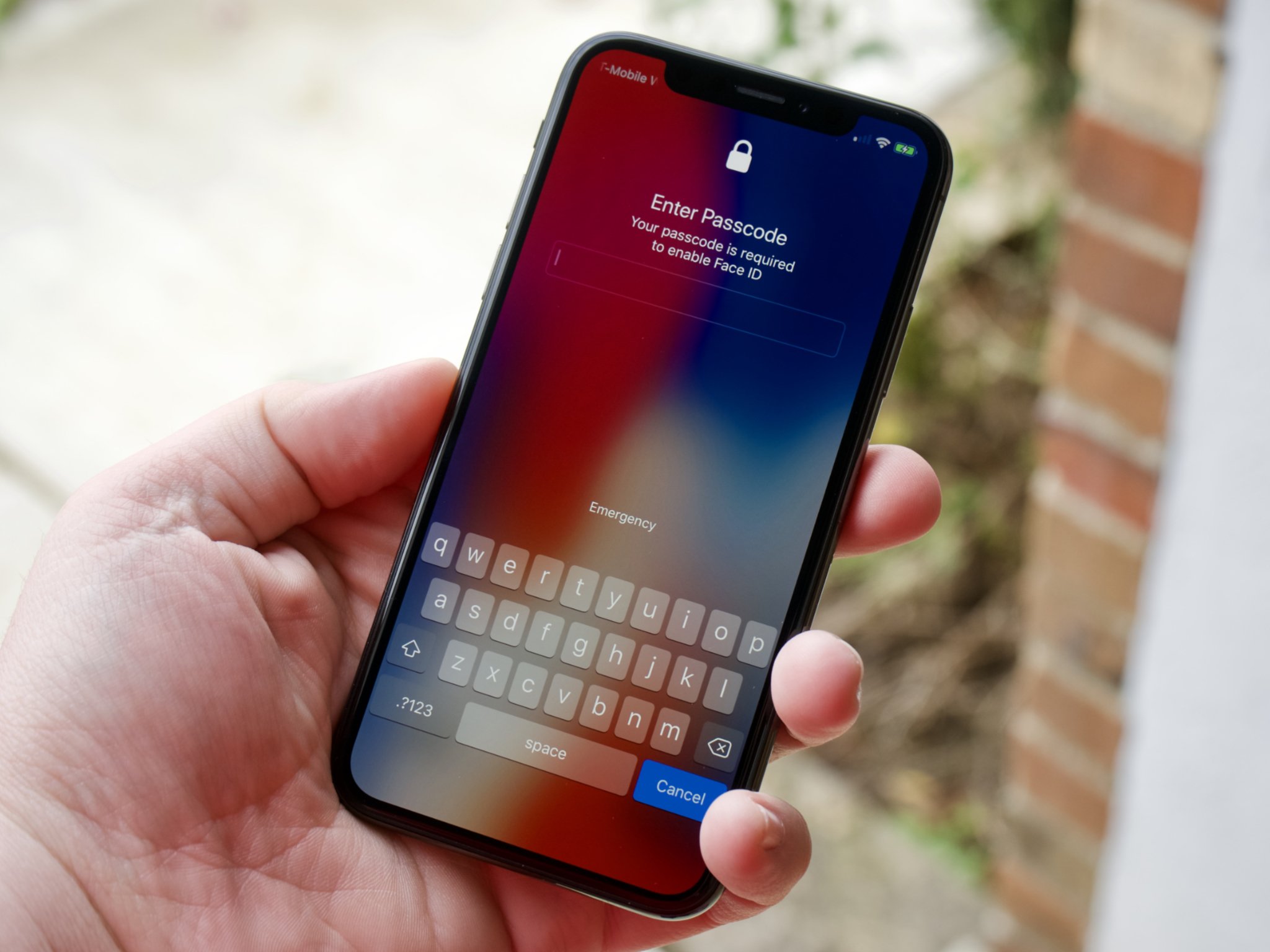Apple blasts FBI claim it was unhelpful in Pensacola shooter investigation

What you need to know
- Apple has hit back at an FBI report suggesting that Apple has not been helpful in the Pensacola shooter investigation.
- It released a strongly worded statement stating it had responded to all of the FBI's requests for information within hours.
- However, it reiterated its stance on refusing to create a backdoor to encryption on iOS for law enforcement.
Apple has hit back at an FBI report suggesting that it was had not "given any substantive assistance" in helping the Justice Department gains access to two iPhones used by Pensacola Naval Air Station Shooter Mohammed Saeed Alshamrani.
The Justice Department published the findings of its investigation into the attack on a Pensacola Naval Air Station, in which three American service members were killed and a further eight wounded. They described the incident as "an act of terrorism" that was "motivated by jihadist ideology."
Last week it emerged that in the course of the investigation the FBI has asked Apple to help it unlock two phones belonging to the shooter, Mohammed Saeed Alshamrani, in a story that echoed the case of the San Bernardino shooting several years ago.
According to the initial CBS report on the FBI's findings:
The attorney general criticized Apple and said the tech giant has not "given any substantive assistance" in helping the Justice Department gain access to the phones.
In response to this claim, Apple has released a very strongly worded statement refuting the "characterization that Apple has not provided substantive assistance in the Pensacola investigation." The full statement reads:
We were devastated to learn of the tragic terrorist attack on members of the US armed services at the Naval Air Station in Pensacola, Florida on December 6th. We have the greatest respect for law enforcement and routinely work with police across the country on their investigations. When law enforcement requests our assistance, our teams work around the clock to provide them with the information we have.We reject the characterization that Apple has not provided substantive assistance in the Pensacola investigation. Our responses to their many requests since the attack have been timely, thorough and are ongoing. Within hours of the FBI's first request on December 6th, we produced a wide variety of information associated with the investigation. From December 7th through the 14th, we received six additional legal requests and in response provided information including iCloud backups, account information and transactional data for multiple accounts.We responded to each request promptly, often within hours, sharing information with FBI offices in Jacksonville, Pensacola and New York. The queries resulted in many gigabytes of information that we turned over to investigators. In every instance, we responded with all of the information that we had.The FBI only notified us on January 6th that they needed additional assistance — a month after the attack occurred. Only then did we learn about the existence of a second iPhone associated with the investigation and the FBI's inability to access either iPhone. It was not until January 8th that we received a subpoena for information related to the second iPhone, which we responded to within hours. Early outreach is critical to accessing information and finding additional options.We are continuing to work with the FBI, and our engineering teams recently had a call to provide additional technical assistance. Apple has great respect for the Bureau's work, and we will work tirelessly to help them investigate this tragic attack on our nation.We have always maintained there is no such thing as a backdoor just for the good guys. Backdoors can also be exploited by those who threaten our national security and the data security of our customers. Today, law enforcement has access to more data than ever before in history, so Americans do not have to choose between weakening encryption and solving investigations. We feel strongly encryption is vital to protecting our country and our users' data.
Apple states that it has assisted the FBI with several information requests, and has turned over iCloud backups, account information and transactional data. It seems that, at least according to Apple, it was only last week, on January 6th, that Apple was made aware of a second iPhone, and that the FBI was not able to access these phones without a passcode. Apple appears to have complied with a further subpoena relating to that device.
Apple concluded in the strongest terms by stating that it continues to assert its position that it will not create a backdoor to its iOS security systems for use by law enforcement. As has previously been the case, Apple claims that doing so would irreversibly undermine the security of iOS and could be used by criminals to threaten both national security and Apple's customers.
iMore offers spot-on advice and guidance from our team of experts, with decades of Apple device experience to lean on. Learn more with iMore!

Stephen Warwick has written about Apple for five years at iMore and previously elsewhere. He covers all of iMore's latest breaking news regarding all of Apple's products and services, both hardware and software. Stephen has interviewed industry experts in a range of fields including finance, litigation, security, and more. He also specializes in curating and reviewing audio hardware and has experience beyond journalism in sound engineering, production, and design.
Before becoming a writer Stephen studied Ancient History at University and also worked at Apple for more than two years. Stephen is also a host on the iMore show, a weekly podcast recorded live that discusses the latest in breaking Apple news, as well as featuring fun trivia about all things Apple. Follow him on Twitter @stephenwarwick9
